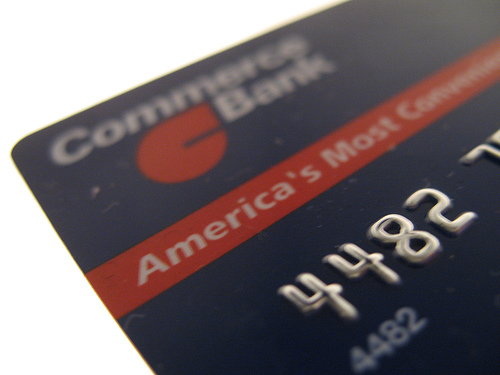How to Save When You’re in Debt

This is a guest post from Fred from Credit Card Finder. Fred helps people to compare and choose the best credit card online.
If you’re in debt with credit cards, or personal loans and a mortgage you may be feeling a little nervous when you think about your lack of savings – but does it make sense to direct funds towards a savings account when the interest earned there will be overshadowed by the interest you are paying on your debt. There are ways to save when you are in debt, and there are financial products which can help specifically with this situation. So here are five years you can save, even if you have debt.
1 Consolidate credit cards to one balance transfer card
Try and avoid using equity or a line of credit on your home loan to pay off your credit card debt because you are in fact just stretching out your credit card debt for another 30 years, when you can target it now and get it out of the way for good. Instead, find a balance transfer card with a low interest rate which will allow you to transfer all of your credit cards to be charged one low rate. In this way you have your debt under control, you have a manageable monthly repayment and you have a payment plan which will help you get rid of your credit card debt.
2 In debt to 9%
Many financial planners and advisors will use the 9% rule – if you have debt which is charging you interest of more than 9%, you should direct as much of your income as you can towards paying down that debt. (more…)


















